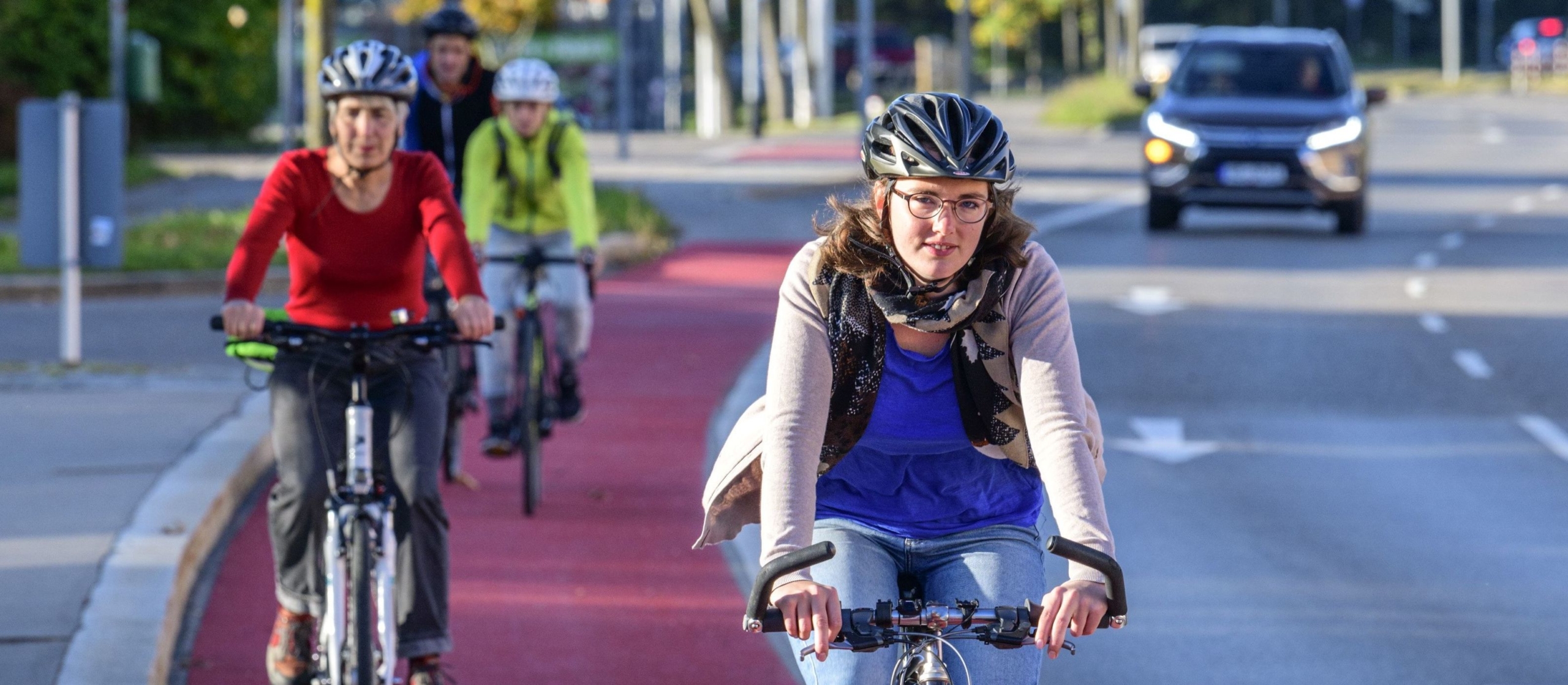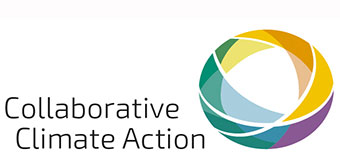Localising NDCs with inspiration from the 2030 Agenda – Policy Brief
In the Policy Brief “Localising NDCs with inspiration from the 2030 Agenda – A closer look at Voluntary Local Reviews (VLRs) and Voluntary National Reviews (VNRs)” we look into why and how NDCs can and should be localised. We also examine what lessons the process of localising SDGs has to offer for the relatively new and unexplored concept of localising NDCs.

Both the goals of the Paris Agreement and the Sustainable Development Goals (SDGs) of the 2030 Agenda are far from being on track to be met. Speeding up the transformation towards a sustainable and climate-neutral world in line with both these global agendas requires faster, more ambitious and coordinated action at all levels of government.
Both agendas are global agreements negotiated by national governments, that to a large extent need to be implemented at the local and regional level. This requires that global, as well as national, goals and plans are translated and adapted to local contexts and needs. This is what can be understood as “localisation”.
The concept of localisation has been applied longer and more widespread to SDGs than to Nationally Determined Contributions (NDCs) – the main tool to implement the Paris Agreement. A distinct example of localisation are the Voluntary Local Reviews (VLRs), inspired by the Voluntary National Reviews (VNRs).
We look into what the process of localising NDCs can learn from the localisation of SDGs. As a concrete form of localisation, the VNR/VLR relationship, understood as a multi-level governance function, is explored in order to see how it can provide guidance and inspiration for the localisation of NDCs.
“To increase both ambition and the effectiveness of efforts to avoid catastrophic climate change and to ensure sustainable development for all, there is a need to accelerate the implementation of these global agendas, and localisation can be one way to achieve this.”


